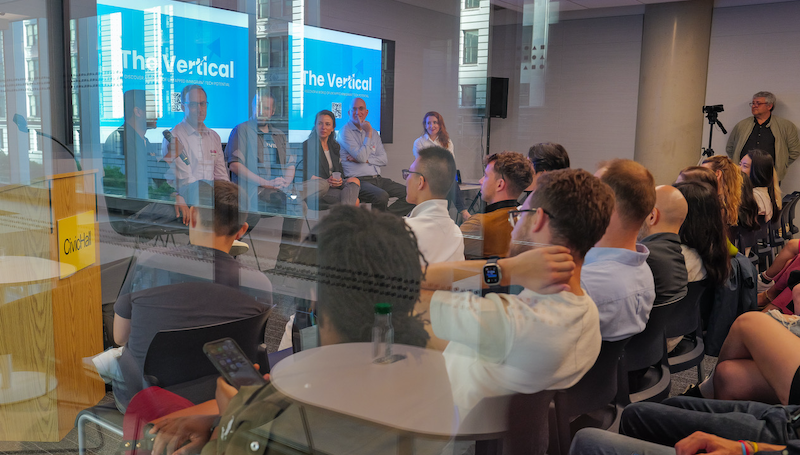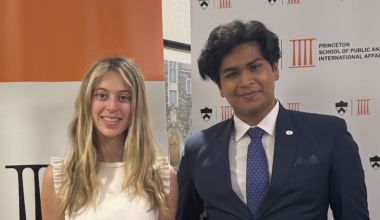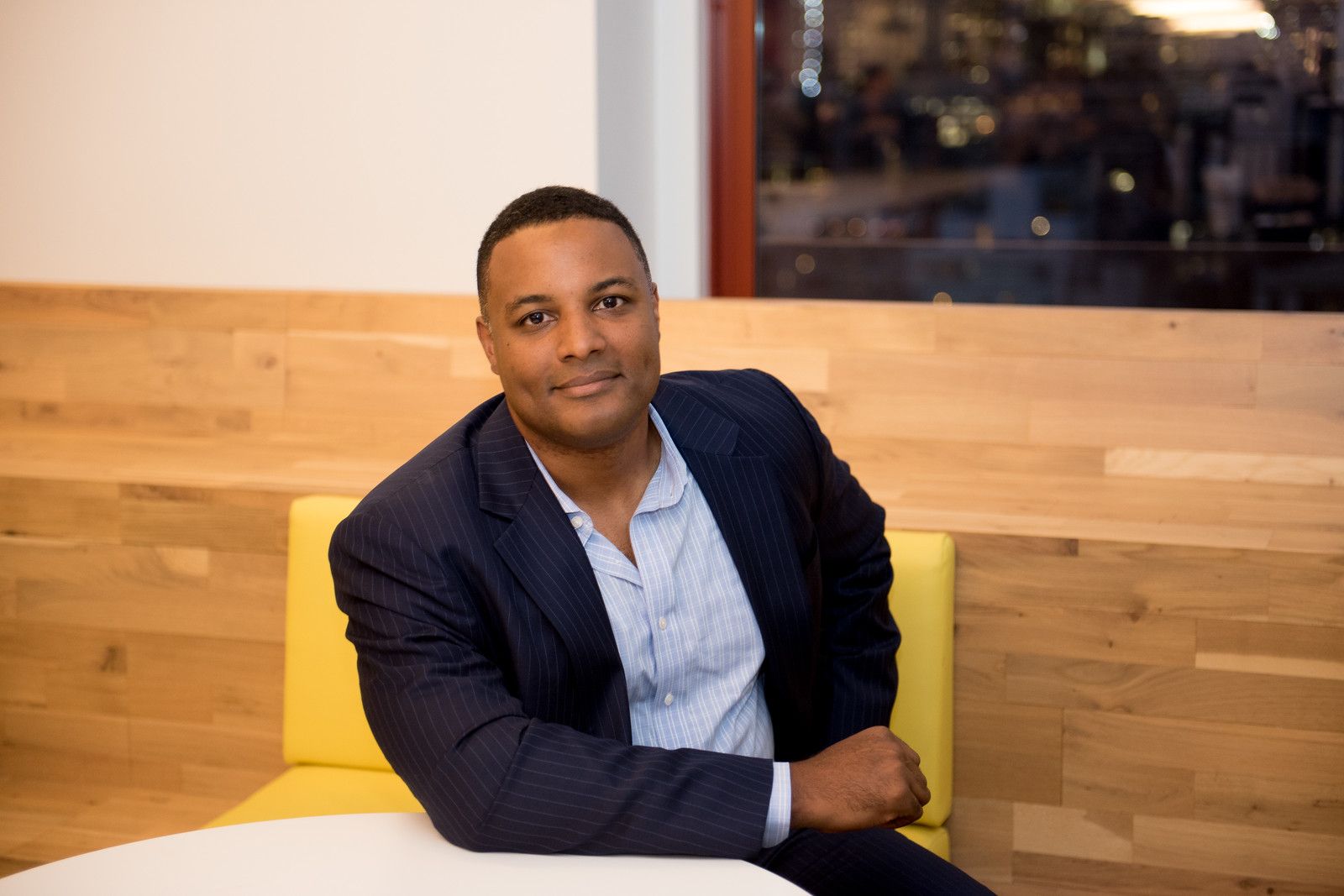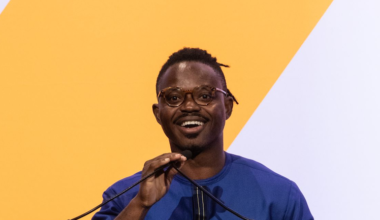With several immigrant-focused events daily, this year’s New York Tech Week became the largest for international founders in the U.S.
Various members of the venture ecosystem, including VC funds and non-profits such as Impact Hub NYC, Unshackled Ventures and One Rise, aim to shape the narrative around immigrant entrepreneurship.
Recent research is also stimulating interest in international startup founders. According to a study published in March by Defiance Capital, 62% of startup companies valued over $1 billion (‘unicorns’) in the U.S. and UK were built by first or second-generation immigrants.
On June 7, as a part of NY Tech Week, The Vertical hosted its ‘Sales and Exits’ panel at Civic Hall, the largest entrepreneurial skill builder in the U.S. The center has digital skills partners, an accelerator, and an incubator that support diverse founders in growing businesses.

The speaker panel, moderated by Ayse Senguler, included:
Chris Brown, AI and Startups at NVIDIA (Inception ecosystem team, which is the first line of connection between NVIDIA and the startup world.)
Tomer Morad, a serial entrepreneur. His latest venture, Concertio, the AI performance software, has been acquired by Synopsys, where Tomer now leads the software group.
Vlada Lotkina, a Ukrainian-American SaaS CEO & founder, a growth expert, and a startup mentor. She brought ClassTag, a school-family communication platform, from idea to exit.
Kalyan Gautham who founded WATT, the platform for community walks and marathons, and led it to an acquisition. Currently, he is the founder of xPub, a Gen AI platform shortening B2B sales cycles.
Feargal O’Sullivan, founder and CEO of USAM Group, providing innovative startups and scale-up fintechs with a fractional team of experienced sales advisors.

According to Victoria Zavyalova, The Vertical’s publisher, the focus on sales is driven by current market conditions, where many startups are bootstrapping, and VCs are raising their standards and revenue expectations.
During the panel, speakers shared their personal journeys and learning curves, offering valuable insights, practical tips, and AI tools assisting international entrepreneurs with their sales.
According to Morad, the biggest challenge for any startup is to find the right product—market fit. “One of my first startups failed because we focused too much on investors,” he said. “If you have a better product-market fit investors will come, and the exit will be easier.”
He recommended recording and analyzing calls while speaking to customers and creating content with AI for international founders whose first language isn’t English.
Kalyan Gautham also emphasized the importance of focusing on a customer problem rather than technology. “Don’t build something because you can,” he said. “Find the problem and solve it.”
This is particularly crucial in the current AI hype, where it’s tempting to create for the sake of creation, Kalyan noted. He recommended founders prioritize thorough validation of the problem.
Kalyan admitted it’s now possible to boost sales with AI rather than hiring more people, which makes it more cost efficient for early stage founders.

“When you are building from scratch as an immigrant founder, it just forces you to develop critical skills as an entrepreneur, so embracing scrappiness is a good thing,” said Vlada Lotkina.
She also suggested leveraging AI to communicate with customers in their preferred language. At her startup, ClassTag, where half of the team consisted of teachers, this approach enabled them to resonate with schools.
Chris Brown noted that startup success often depends on market factors outside of the founder’s control, citing recent acquisitions by NVIDIA as examples.
He said that immigrant entrepreneurs now live in a unique era, where many corporations feel like they are lagging behind in terms of AI. Startup teams could help solve their problems.
Chris recommended founders first to shift their mindset and understand how to talk to clients and customers. “Don’t use AI tools that take away your ability to learn — use tools that enhance learning,” he said.
This statement was supported by Feargal O’Sullivan, whose firm discovered a correlation between the amount of time spent in front of the client and the likelihood of successfully closing a deal.
Feargal recommended researching the acquiring company, just like a customer. “Are they gonna use our infrastructure or will they hire their own people?”
He noted that focusing on sales, as soon as the product is launched, makes business more attractive. Feargal recommended international startups to put the time and effort into going to market.
‘Sales & Exits’ for international founders was sponsored by Civic Hall, USAM Group, and Draper Startup House. Over 200 entrepreneurs, VCs, and other venture ecosystem participants attended the event.








